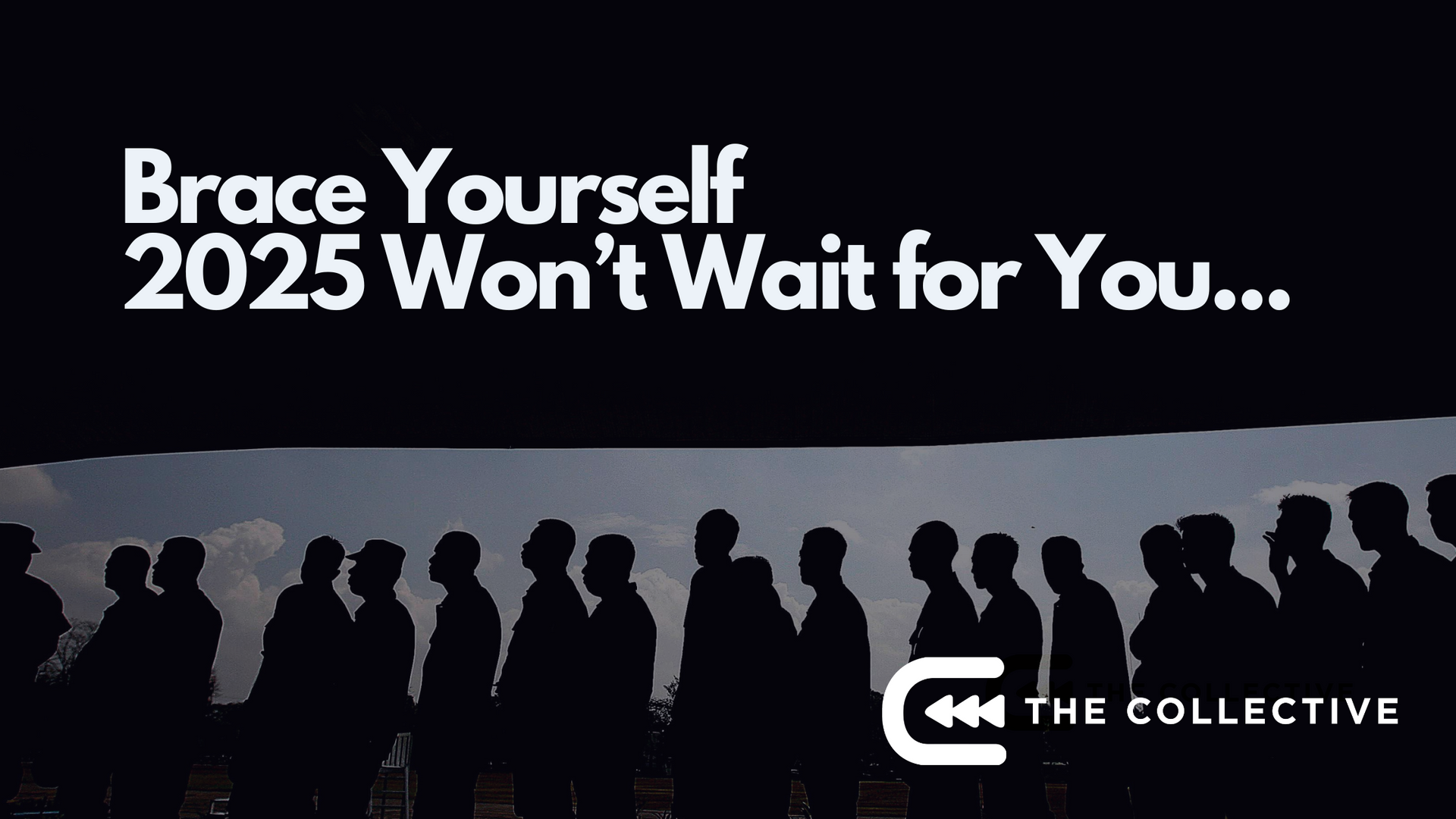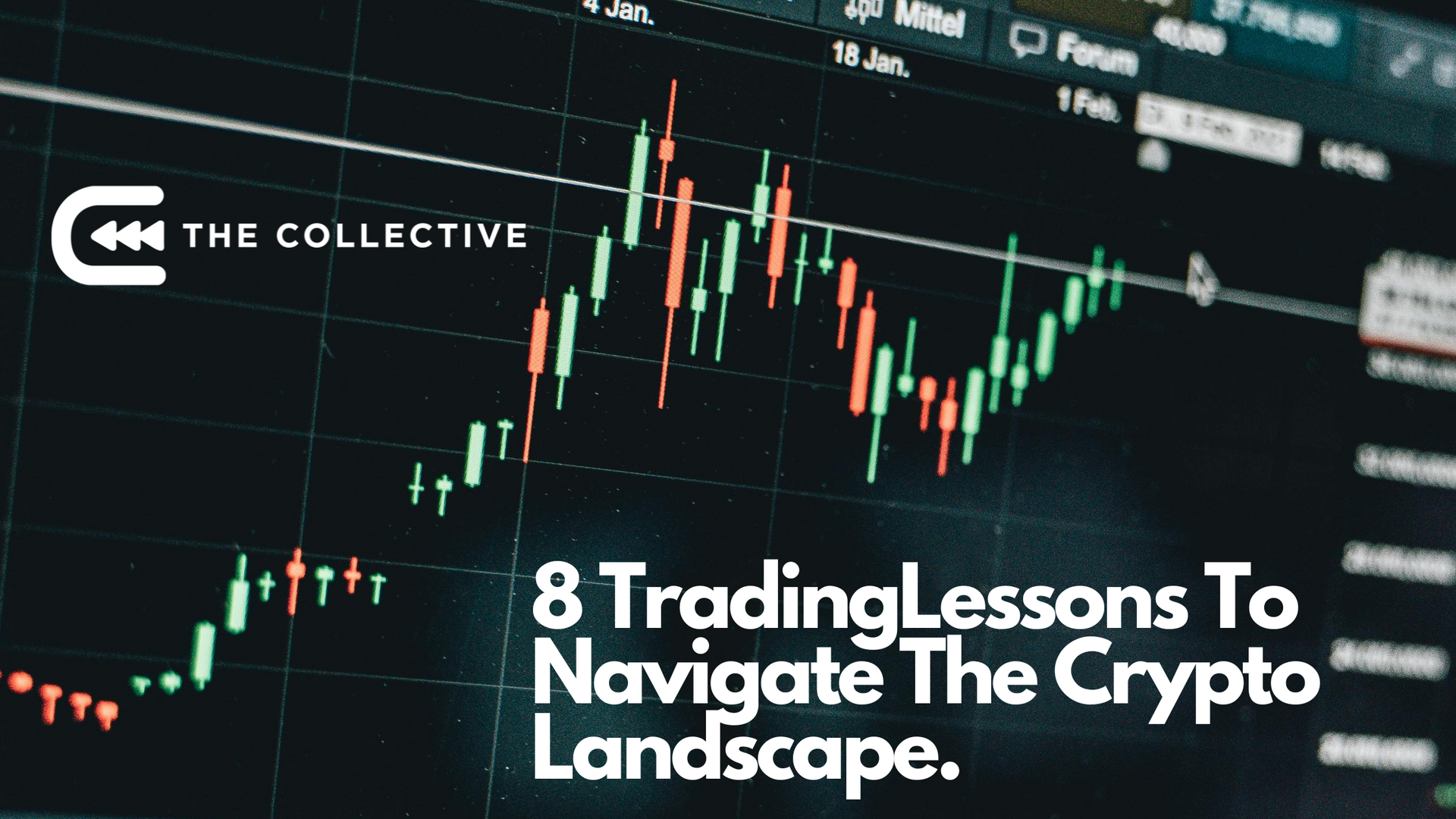De Kracht Van Gedecentraliseerd Geld Ontketenen
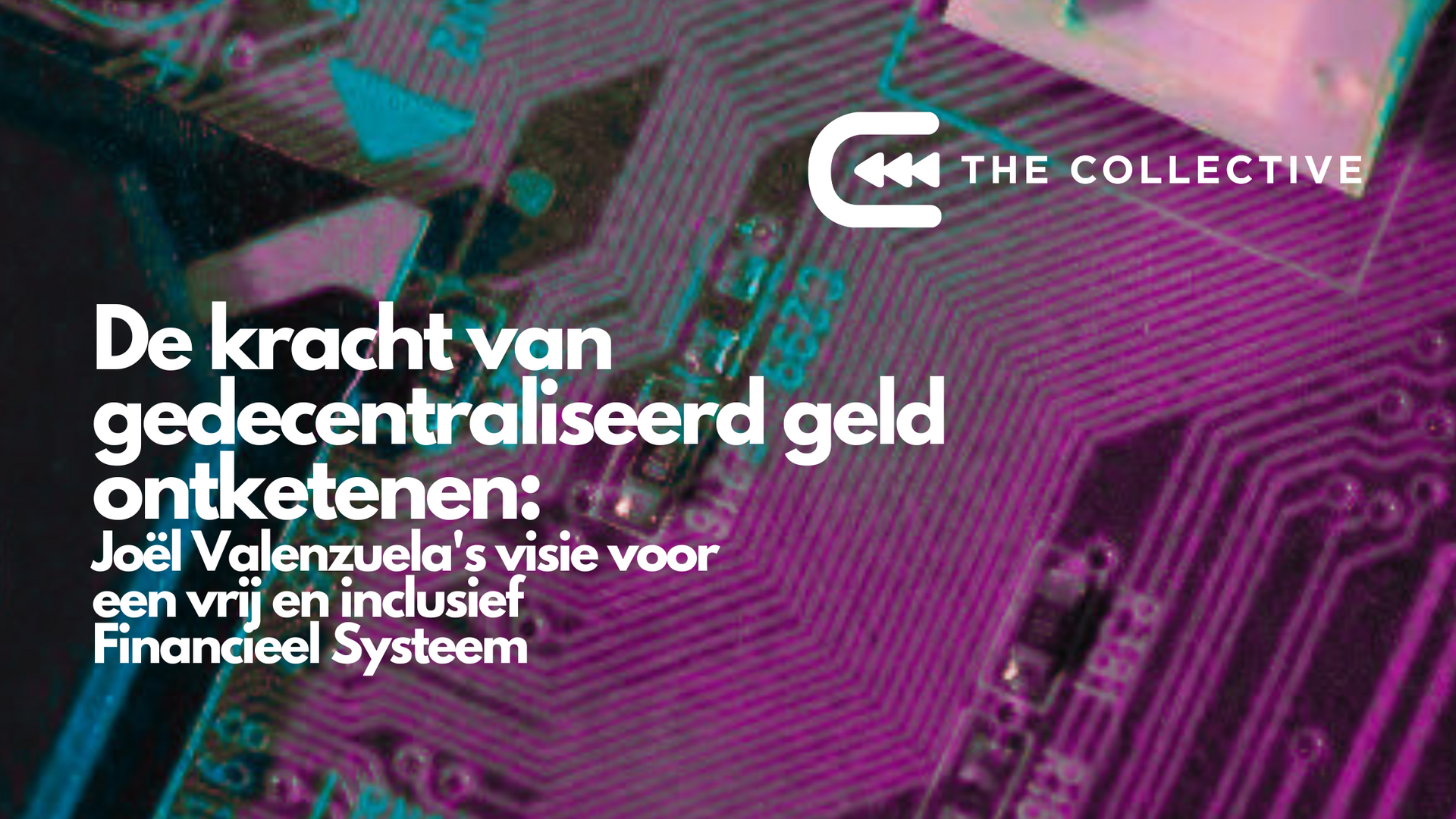
Introductie Joël Valenzuela (Twitter handle: @TheDesertLynx) is een gerenommeerd onafhankelijk journalist en blockchain expert die sinds 2015 leeft van cryptocurrency. Met een sterke achtergrond in politiek en journalistiek heeft hij content geproduceerd voor o.a. Cointelegraph en heeft hij bijgedragen aan de gedecentraliseerde autonome organisatie Dash. Momenteel maakt hij deel uit van het Free State Project in New Hampshire. Onlangs hebben wij hem geïnterviewd over de kracht van gedecentraliseerd geld.
1. Welke rol kunnen blockchaintechnologie en gedecentraliseerde munteenheden volgens jou spelen bij het bevorderen van financiële vrijheid en privacy? Ik geloof dat gedecentraliseerde technologie, vooral gedecentraliseerd geld, absoluut cruciaal is voor vrijheid en privacy. Een van de meest verderfelijke vormen van censuur is financiële censuur, en vaak hoeven controversiële toespraken en acties nooit expliciet verboden te worden als financiële diensten toezicht houden of weigeren zaken te doen met bepaalde individuen. Met digitaal geld kunnen we onze gewetensvrijheid behouden.
2. Wat is het meest belachelijke dat je een voorstander van het CBDC hebt horen beweren en hoe heb je de neiging om hem/haar te counteren kunnen weerstaan? Ik heb persoonlijk niet veel CBDC-voorstanders in mijn omgeving, wel heb ik mensen een absoluut en totaal vertrouwen in overheden en instellingen horen uitspreken. Diezelfde mensen uiten extreem wantrouwen over bepaalde gekozen functionarissen, maar hebben er geen probleem mee om diezelfde functionarissen ongecontroleerde macht over hun leven te geven. Het is echt verbijsterend.
3. Wat heeft je geïnspireerd om je uit te spreken tegen CBDC's en hoe zie je ze als een bedreiging voor individuele vrijheid en autonomie? Ik promoot financiële vrijheid al voordat CBDC's ook maar een idee waren. Het bestaande financiële systeem maakt al een systeem mogelijk waarbij onze financiën volledig gecontroleerd worden en in een opwelling gecensureerd of gedevalueerd kunnen worden. CBDC's stroomlijnen simpelweg dit censuur-potentieel en voegen daar het risico van een compleet gebrek aan privacy aan toe. De meeste mensen willen niet leven in een wereld waar dat de norm is.
4. Critici beweren dat CBDC's het risico op bankruns zouden verminderen en de financiële stabiliteit zouden verhogen. Hoe reageer je op deze beweringen en welke alternatieve oplossingen stel je voor? Deze beweringen zijn waarschijnlijk juist, maar onderstrepen alleen maar de diepe gebreken van het huidige fractional reserve banksysteem, waar banken slechts een heel klein deel van het geld van hun klanten aanhouden. Het is absoluut verbijsterend dat we zo'n riskant systeem hebben geaccepteerd als onze enige proxy om ons geld te gebruiken. De alternatieve oplossing is digitaal geld: gedecentraliseerd digitaal geld waarbij iedereen volledige controle heeft over zijn eigen financiën. Dit brengt ongeëvenaarde efficiëntie in de wereldwijde handel, terwijl meer risicovolle systemen worden overgelaten aan financiële speculanten.
5. In een hypothetisch scenario waarin CBDC's universeel worden ingevoerd en contant geld wordt verboden, hoe zou je dan individuele vrijheden in evenwicht brengen met nationale veiligheid en publieke zekerheid, terwijl je een vreedzame en gezagsgetrouwe aanpak handhaaft?
Hopelijk komen we niet op dat punt, want adoptie zal veel moeilijker zijn als het volledig ondergronds gaat. Er is een eenvoudig antwoord: parallelle economieën.
Begin lokaal, handel met vrienden en buren over kleine dingen in persoon. Fysiek, lokaal, in vertrouwde, filosofisch op één lijn liggende gemeenschappen is de beste manier om te beginnen en van daaruit verder te groeien.
De volgende stap is gedecentraliseerde uitwisseling van digitale goederen en anonieme werkbonussen. Uiteindelijk, wanneer NFT's worden gebruikt en geaccepteerd als bewijs van eigendom voor fysieke goederen, zou een gedecentraliseerde NFT marktplaats hiervoor heel goed kunnen werken. Maar we hebben ook privacy nodig?
6. Sommigen zeggen dat CBDC's snellere en goedkopere transacties mogelijk zouden maken, wat zowel consumenten als bedrijven ten goede zou komen. Hoe weerleg je dit argument en wat zijn de mogelijke nadelen van een dergelijk systeem? We kunnen vandaag de dag directe, goedkope, veilige en private betalingen doen met gedecentraliseerde cryptocurrencies. Het is niet nodig om een systeem van massale controle en toezicht te creëren om deze voordelen te verkrijgen. Bovendien is de belofte van lage kosten en efficiëntie niet realistisch voor een dergelijk systeem. Programmeerbare digitale munten zoals stablecoins hebben al bepaalde beperkingen zoals verboden adressen, en deze verhogen de gas/transactiekosten. Het controleren aan de hand van een censuurlijst voegt altijd kosten en wrijving toe. Uiteindelijk zullen gebruikers een voorkeur hebben voor onbeperkt geld, d.w.z. digitaal geld.
7. Als je een superheld was die vocht tegen de krachten van gecentraliseerde valuta, wat zou je alter ego dan zijn? Dash Man: bliksemsnel, met een onzichtbaar schild en een onbeperkt uithoudingsvermogen.
8. Critici beweren dat gedecentraliseerde munteenheden kwetsbaar zijn voor fraude en manipulatie. Hoe ga je om met deze zorgen en welke voorzorgsmaatregelen kunnen worden geïmplementeerd om misbruik te voorkomen? Fiatvaluta's hebben te maken met dezelfde soort fraude en misbruik die (ten onrechte) wordt beweerd tegen gedecentraliseerde valuta's, maar dan met nieuwe niveaus van fraude en misbruik die geïnstitutionaliseerd zijn. Iedereen in de VS bijvoorbeeld die zijn kosten van levensonderhoud de afgelopen jaren bijna zag verdubbelen, zou zich zorgen moeten maken over misbruik dat hij niet kan bestrijden. Hetzelfde geldt voor iedereen die de toegang tot zijn geld wordt geweigerd bij een geldopname. Hiertegen is geen bezwaar/verzet mogelijk. Misdaad heeft altijd bestaan en in de economie waar alleen contant geld werd gebruikt, zijn er altijd middelen geweest om het te bestrijden. Hetzelfde zal gelden voor de digitale geldeconomie.
9. Sommige voorstanders van CBDC's beweren dat ze financiële inclusie zouden bevorderen, vooral in ontwikkelingslanden. Hoe reageer je op dit argument en welke alternatieven stel je voor om de toegang tot financiële diensten uit te breiden? Een CBDC is toegestaan en daarom per definitie exclusief. Gedecentraliseerde cryptocurrencies zijn écht inclusief, omdat iedereen waar ook ter wereld binnen enkele seconden een nieuwe "rekening" kan aanmaken en transacties kan uitvoeren. Geen ID-controles, geen papierwerk, geen bureaucratie.
Financiering zonder toestemming is het enige inclusieve systeem.
10. Hoe zie je, vooruitkijkend, de strijd om financiële vrijheid en privacy de komende jaren uitpakken? Welke strategieën kunnen vrijheidsgezinde individuen gebruiken om hun rechten en belangen te beschermen? De komende jaren zal er een strijd ontstaan over de mogelijkheid om cryptocurrency te gebruiken als digitaal geld. Specifiek over het recht op Self-Custody en om transacties te doen zonder identiteitsverificatie. Hoe goed we het hierin doen, zal aangeven hoe lang het duurt voordat de wereld vrij is. Het is makkelijker om in het licht te vechten dan in het donker. Vandaag de dag zou iedereen manieren moeten onderzoeken om zo dicht mogelijk bij volledig gedecentraliseerde cryptocurrency te leven. Ik doe dit al sinds 2015 en verschillende anderen hebben zich bij mij aangesloten, maar we zijn nog met veel te weinig. Hoe meer mensen van cryptocurrency leven, hoe moeilijker het wordt om het te verbieden en te beperken.
Wat vind jij van Joëls visie op CBDC's en financiële vrijheid? Ben je het ermee eens dat gedecentraliseerde munteenheden de weg vooruit zijn, of denk je dat er andere oplossingen zijn om onze rechten en belangen te beschermen?
Laat het ons weten!
Als je dit artikel leuk vond, deel het dan op grote schaal op sociale media om ons te helpen een breder publiek te bereiken dat meer wil weten over crypto- en Web3-technologieën.
Ook als je vragen of feedback hebt horen we graag van je!
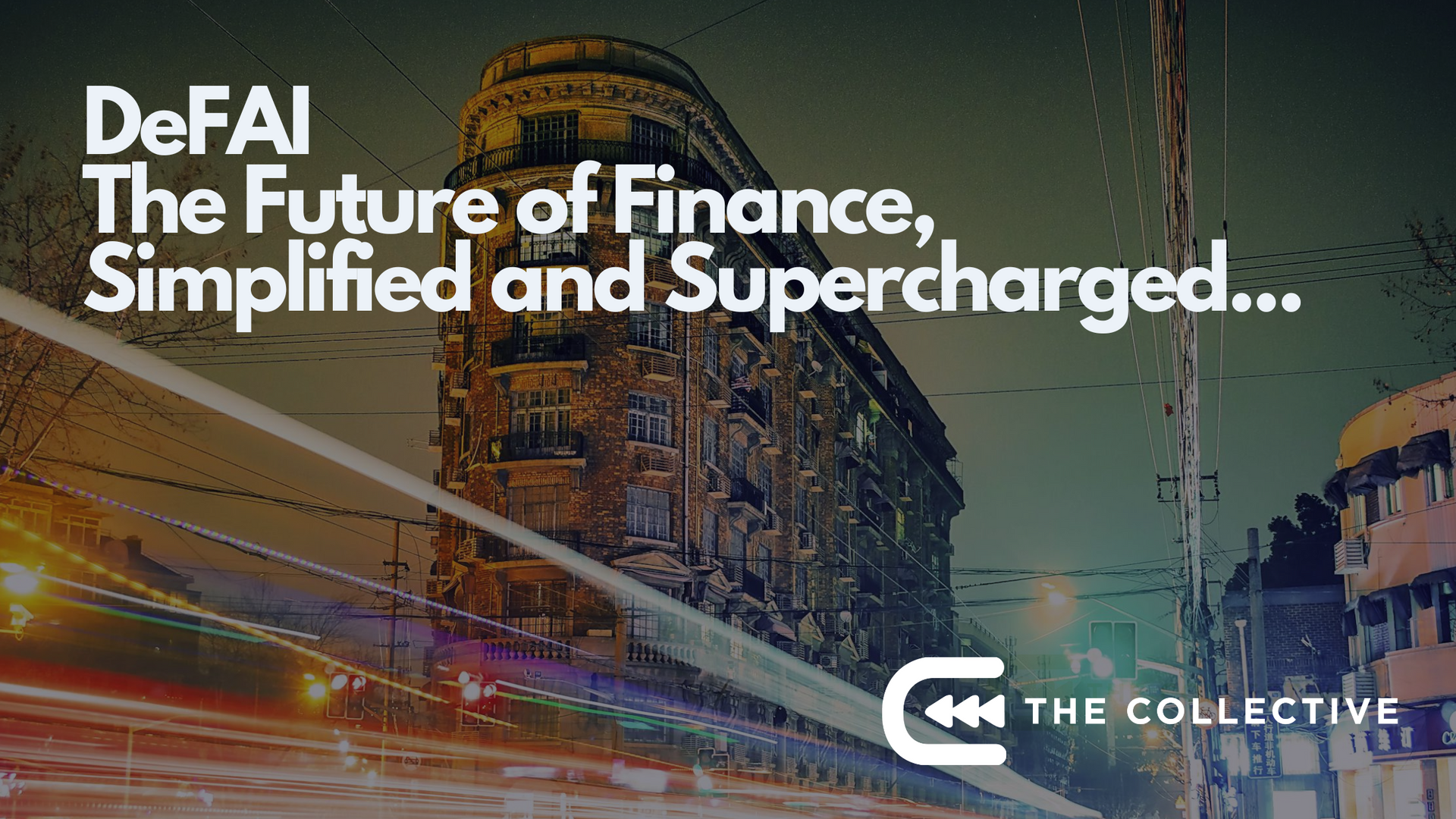
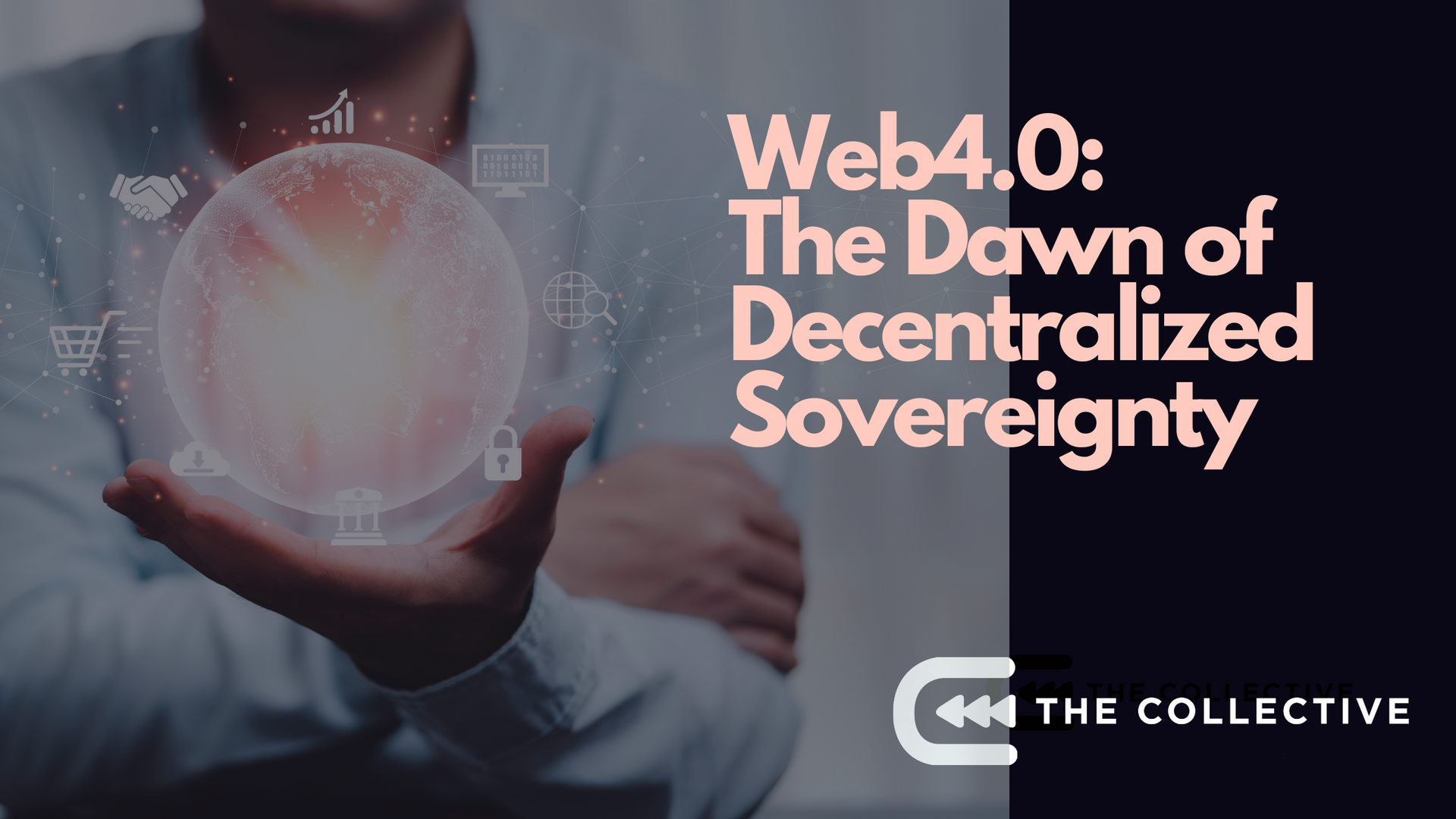
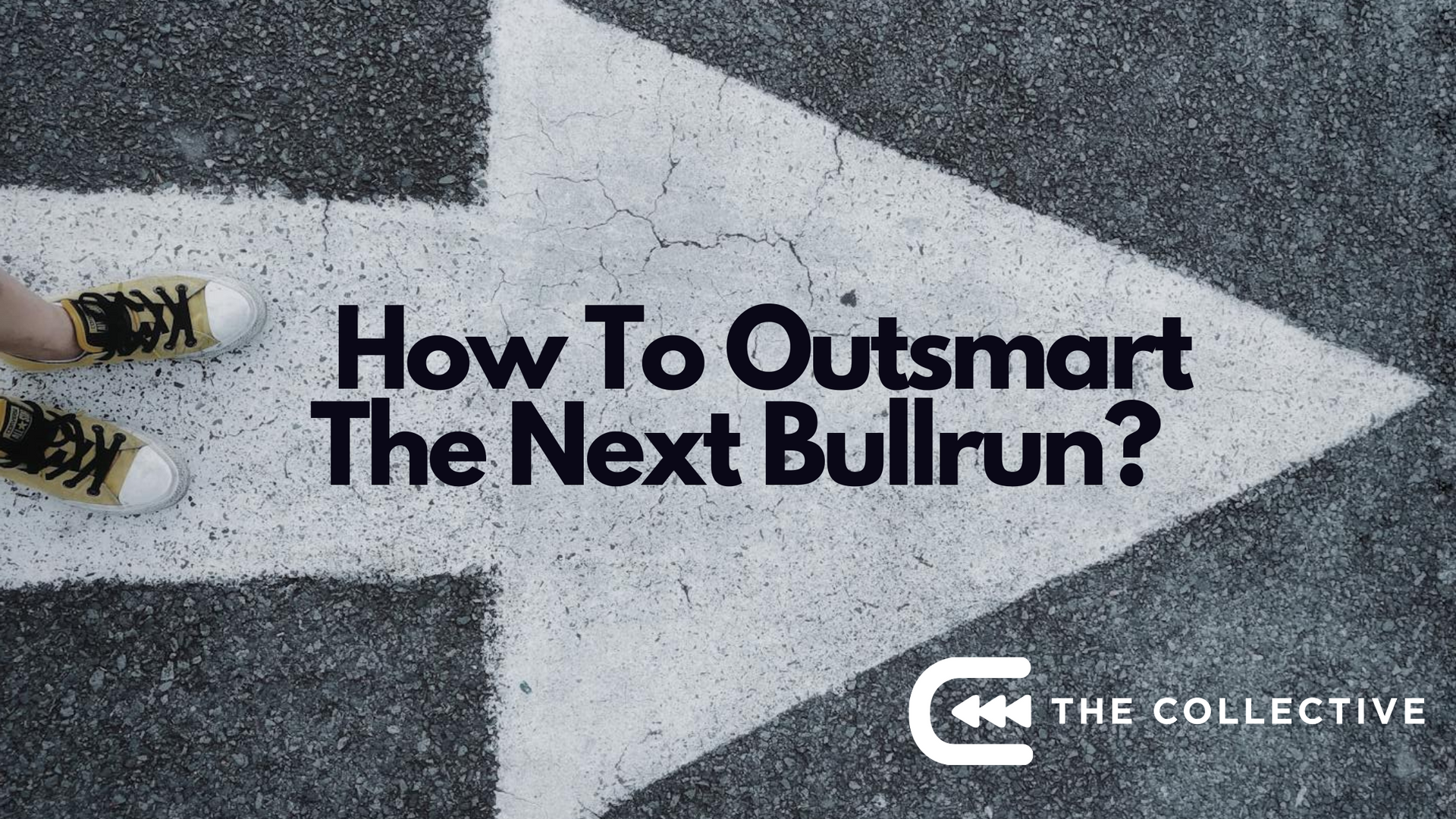


Helping people, entrepreneurs & businesses to bridge the gap between the internet of today towards the revolutionary Web4 movement.
#TakeItBack
Support us
Support the free and independent movement!
with 5 Euro / Dollar you already help us enormously!
Bitcoin wallet:
bc1qtl0yyayrdy2p74xf52ts75tw2tl0aleehhtfjl
Monero wallet:
44gKNgXYMEfFFBR4J1ySmj161zYpMZdGZPH1D2mDnYHTPXLmv83d58CbF6uNWpDq1Vdgw1NLwkJNkR1NEmqmC5xa6ZzRehG
Ethereum wallet:
takeitback.eth



